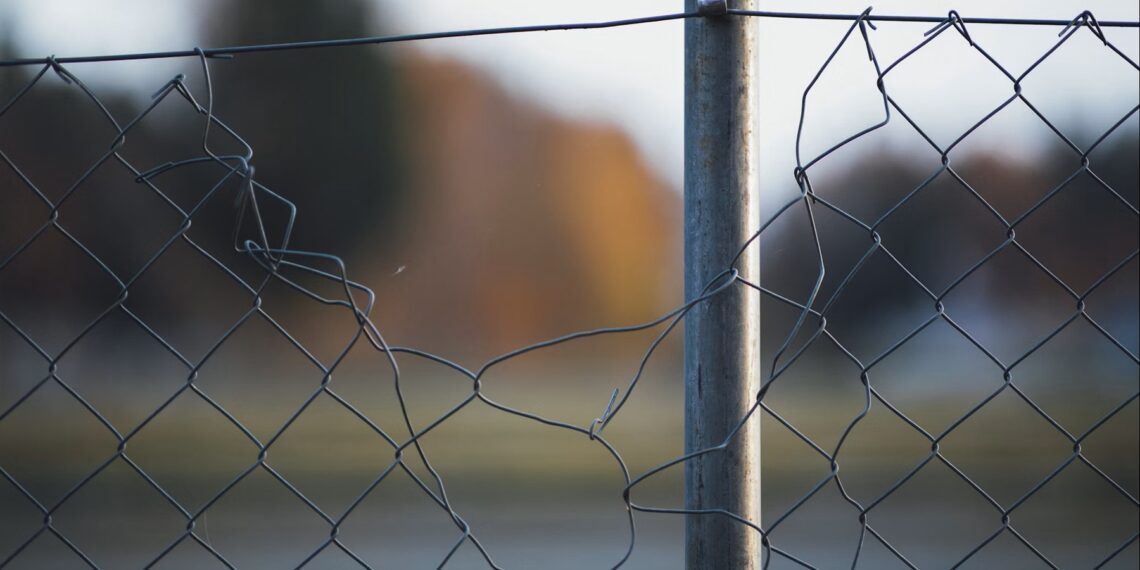Longwa (Nagaland): A prominent tribal chief in Nagaland’s Mon district has appealed to the central government to withdraw its decision to fence the Indo-Myanmar border and to reconsider the proposed reduction of the Free Movement Regime (FMR) zone, citing deep social and cultural ties shared across the international boundary.
Tonyei Phawang, the 49-year-old Angh (hereditary tribal chief) of Longwa village, said fencing the border would disrupt the lives of Konyak Nagas, who live and move freely across both sides of the border.
“We do not want the Indo-Myanmar border to be fenced,” he said on Sunday, emphasizing the interdependence of communities divided by the boundary.
Phawang, the 10th-generation chief, said he governs 35 villages—30 of which lie in Myanmar and five in India.
His ancestral home itself straddles the international border, with the boundary post cutting directly through the structure.
“The movement of my family members within the house is international,” he remarked, questioning how such realities could be overlooked in policy decisions.
He warned that any move to reduce the 16-km FMR to 10 km, along with fencing, would severely impact the livelihoods and mobility of the Konyak Nagas.
Residents from across the border in Myanmar routinely cross over to access markets, health services, and schools in Mon district, he said, adding that the lack of infrastructure on the Myanmar side leaves them dependent on Indian territory for essential needs.
“If the Centre enforces border fencing, even my own family members would require a permit to move freely inside our home. This is not only impractical but deeply unfair,” Phawang said, urging the government to expand, rather than reduce, the Free Movement Regime.
Despite the open border, the region has witnessed no untoward incidents, the Angh noted.
He praised the Assam Rifles for maintaining peace and offering critical services, including free healthcare and medicines, to the villagers.
ALSO READ: Guwahati to host annual meeting of NFICI on April 8
“The people here have upheld centuries-old bonds peacefully. Fencing the border would damage these ties,” he said, appealing to the Centre to abandon the plan and allow the free movement of Konyak Nagas to continue without restrictions.
The Nagaland state government has also expressed opposition to the Centre’s decision to fence the Indo-Myanmar border and reduce the FMR limit, aligning with the concerns voiced by tribal communities along the frontier.















